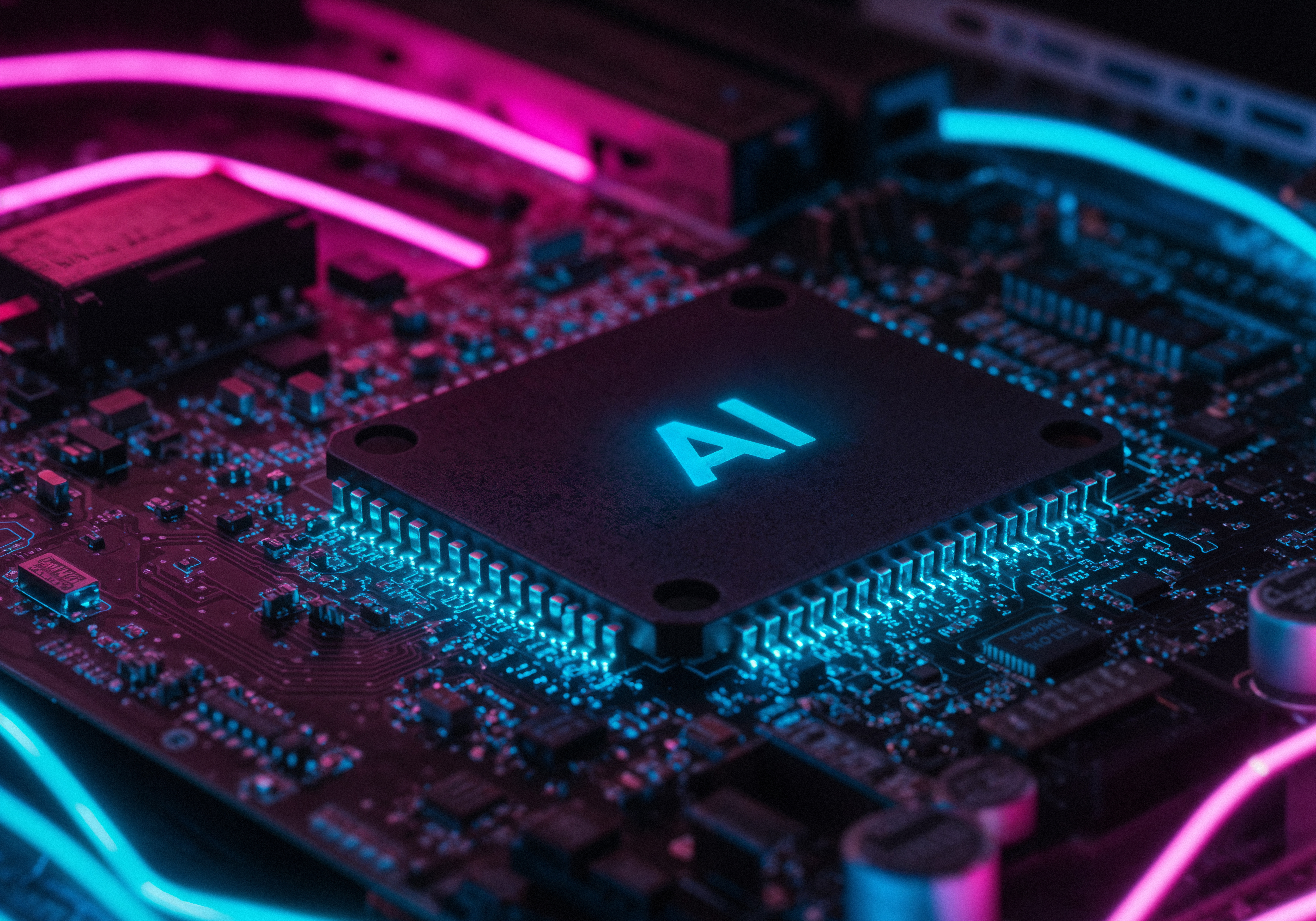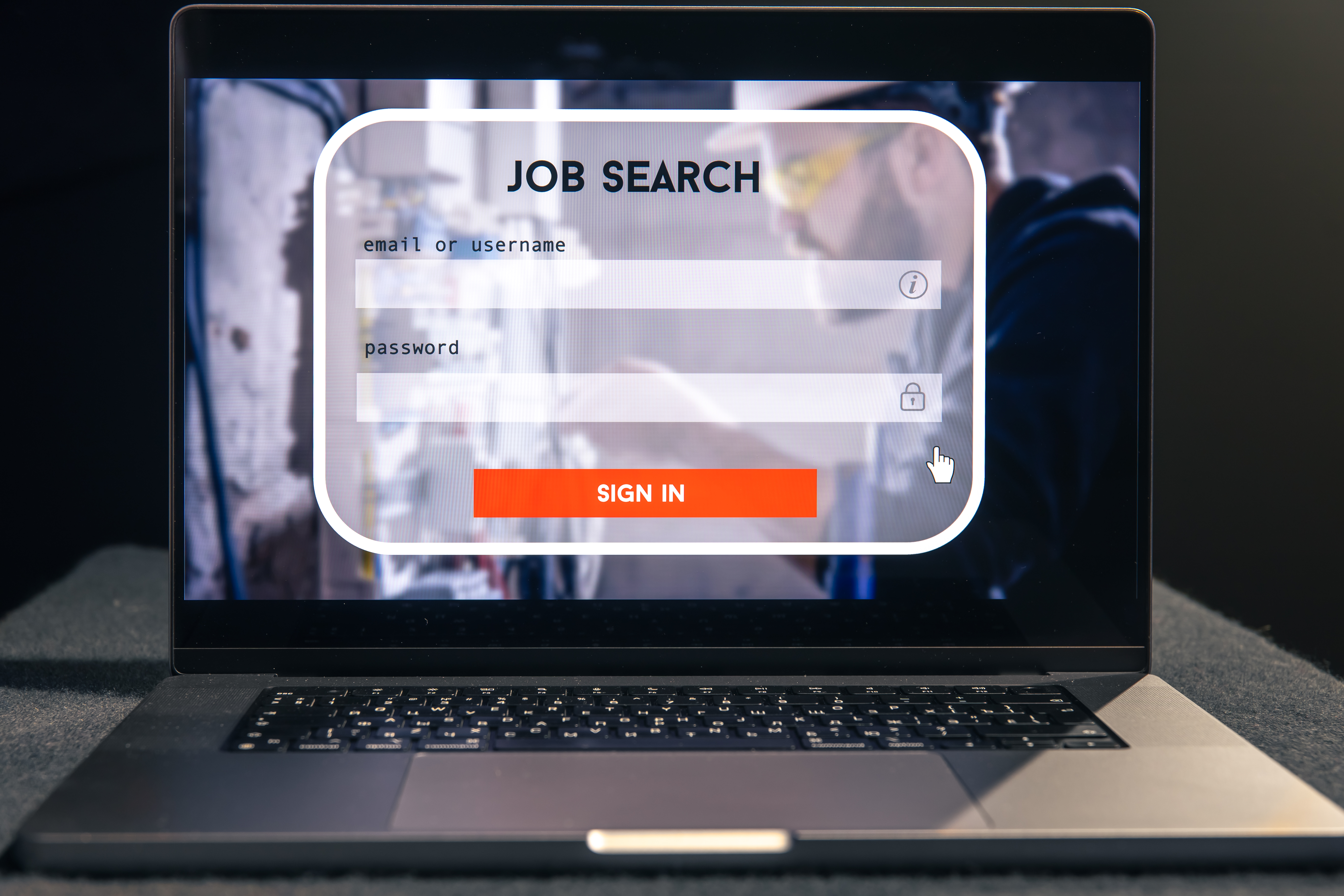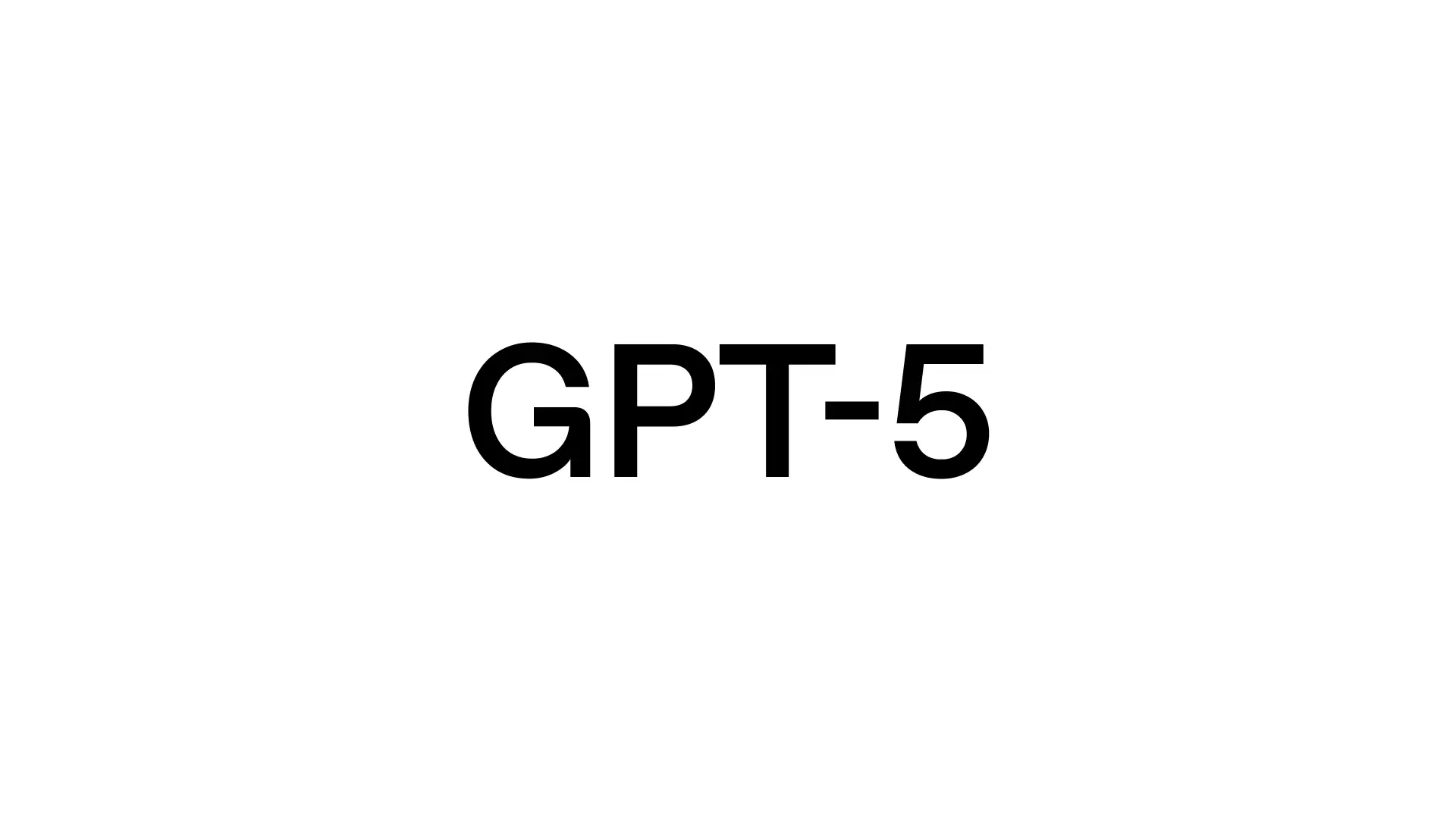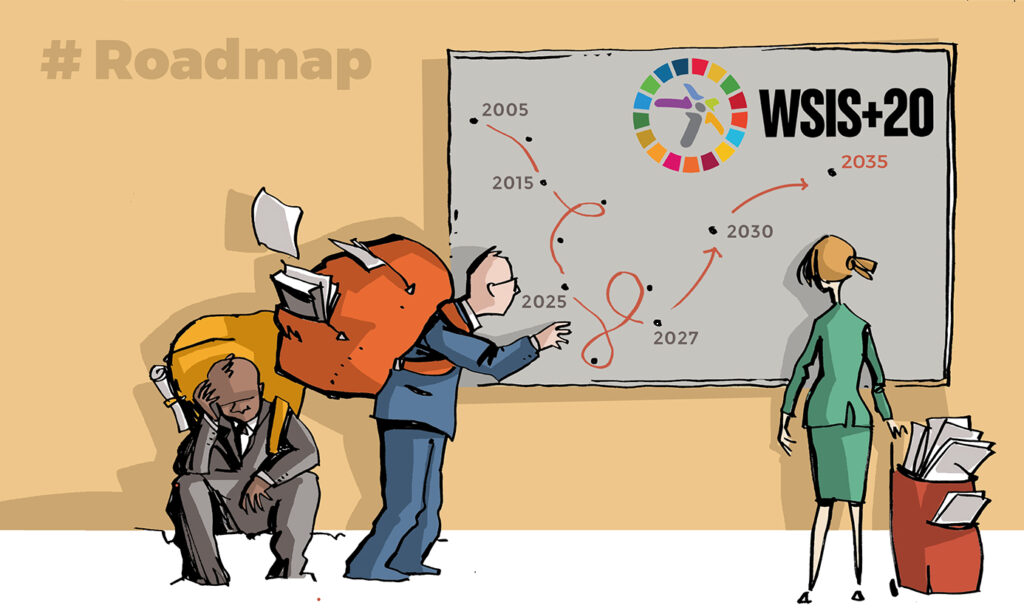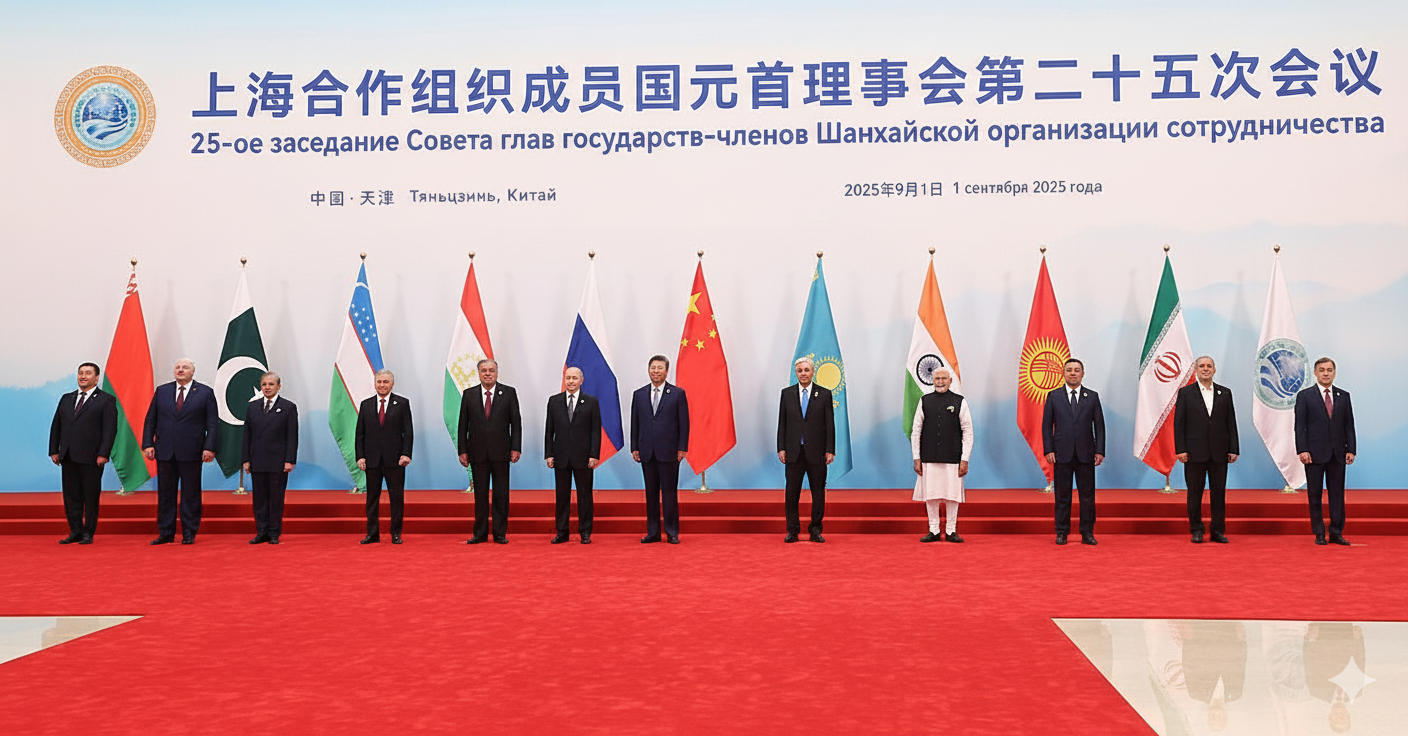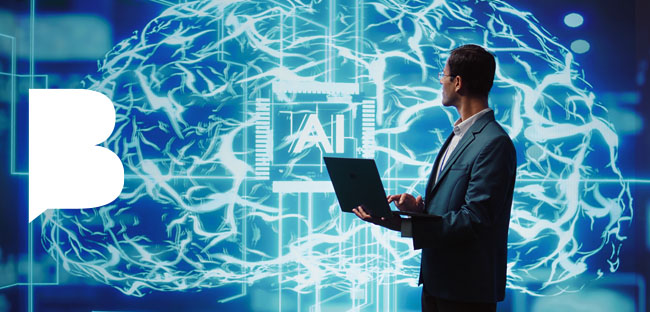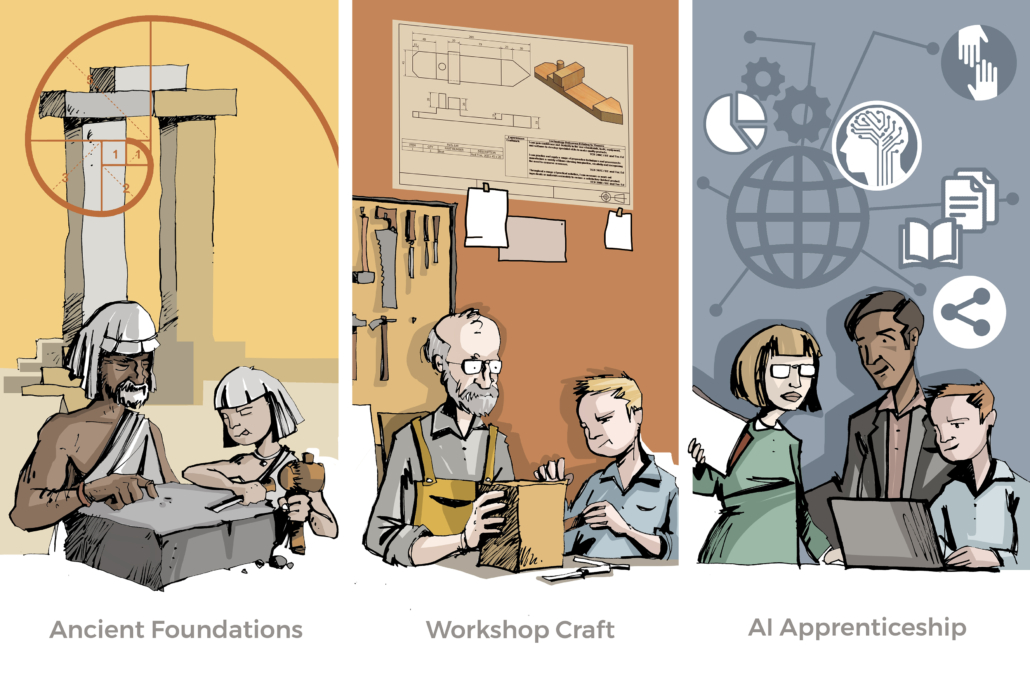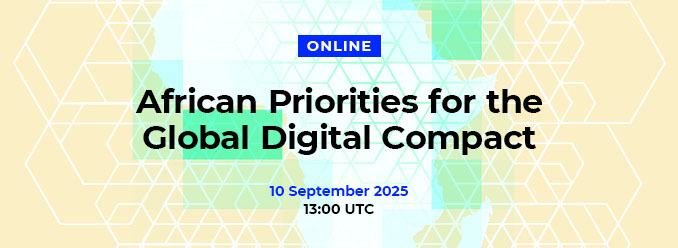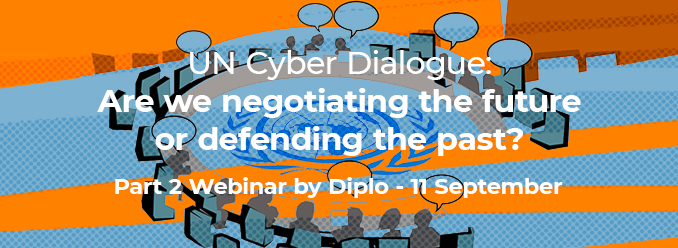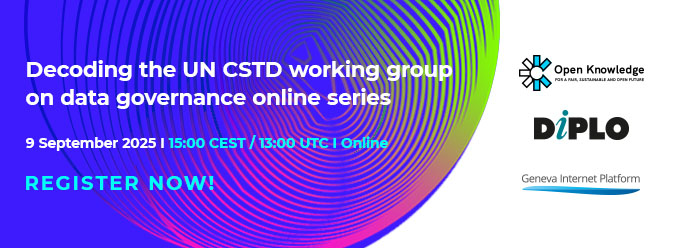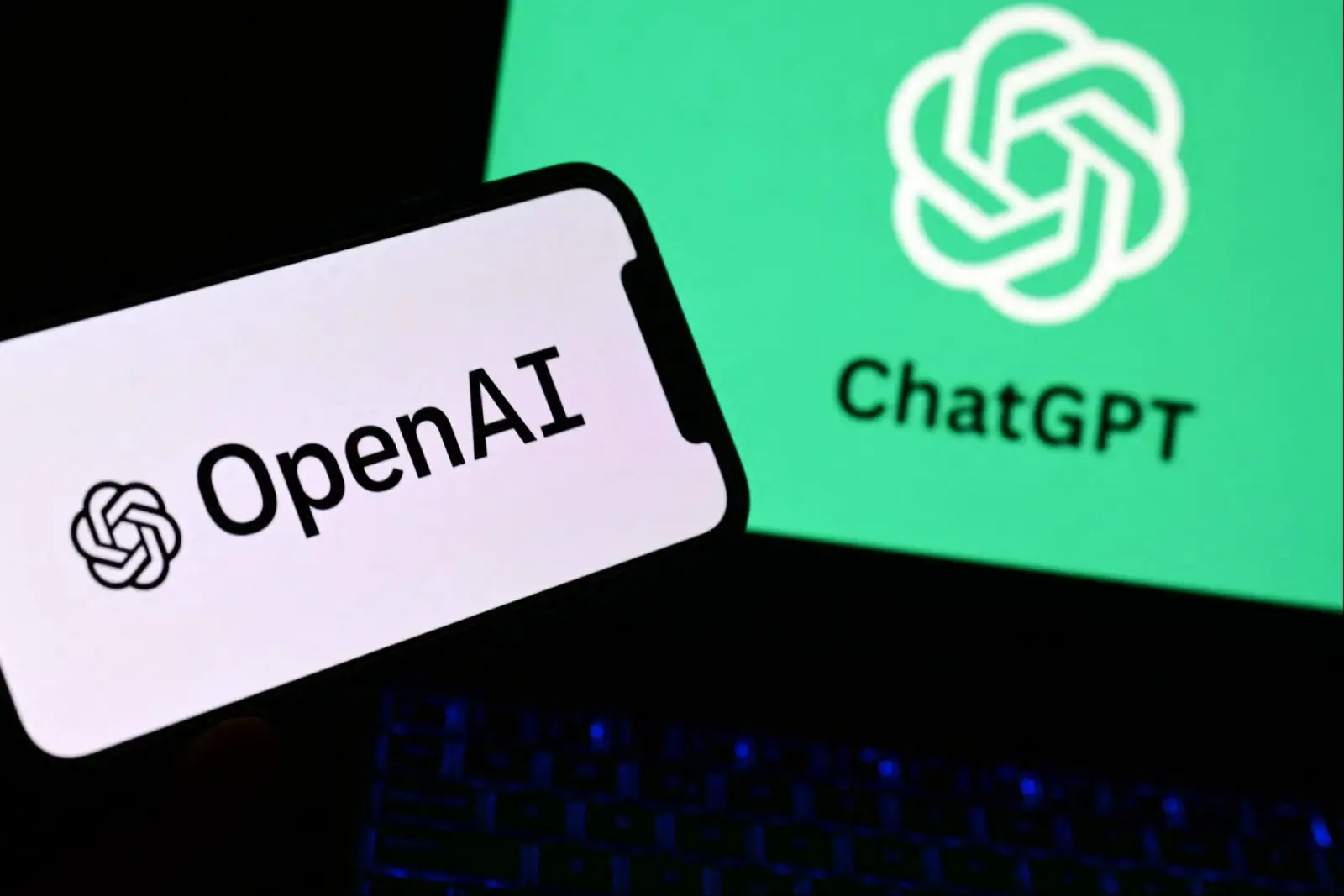Sam Altman, chief executive of OpenAI, has suggested that the so-called ‘dead internet theory’ may hold some truth. The idea, long dismissed as a conspiracy theory, claims much of the online world is now dominated by computer-generated content rather than real people.
Altman noted on X that he had not previously taken the theory seriously but believed there were now many accounts run by large language models.
His remark drew criticism from users who argued that OpenAI itself had helped create the problem by releasing ChatGPT in 2022, which triggered a surge of automated content.
The spread of AI systems has intensified debate over whether online spaces are increasingly filled with artificially generated voices.
Some observers also linked Altman’s comments to his work on World Network, formerly Worldcoin, a project launched in 2019 to verify human identity online through biometric scans. That initiative has been promoted as a potential safeguard against the growing influence of AI-driven systems.
Would you like to learn more about AI, tech and digital diplomacy? If so, ask our Diplo chatbot!


